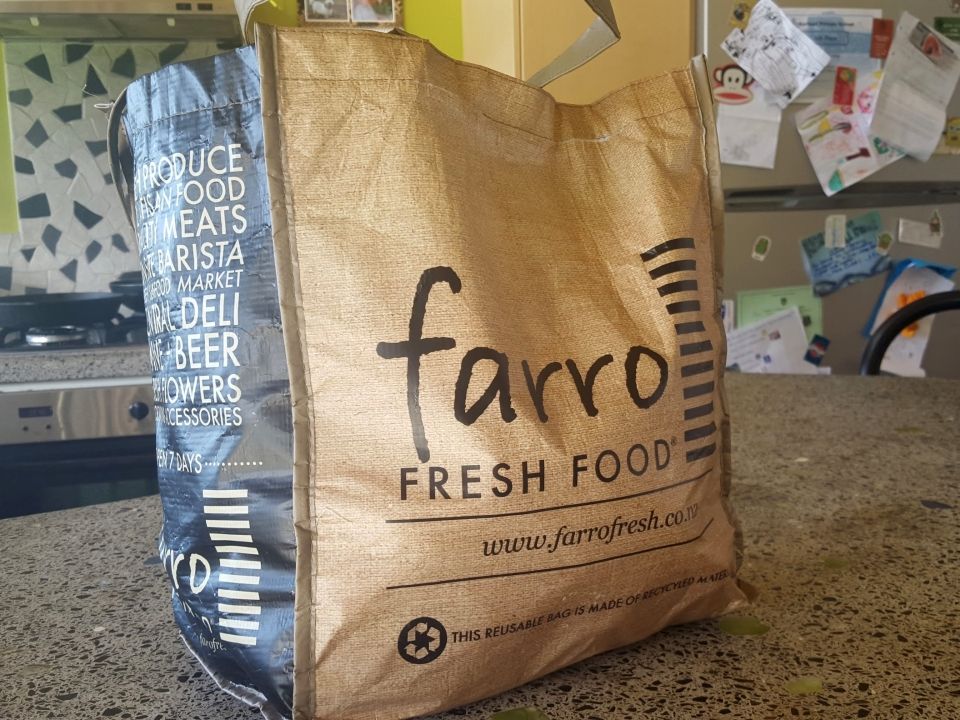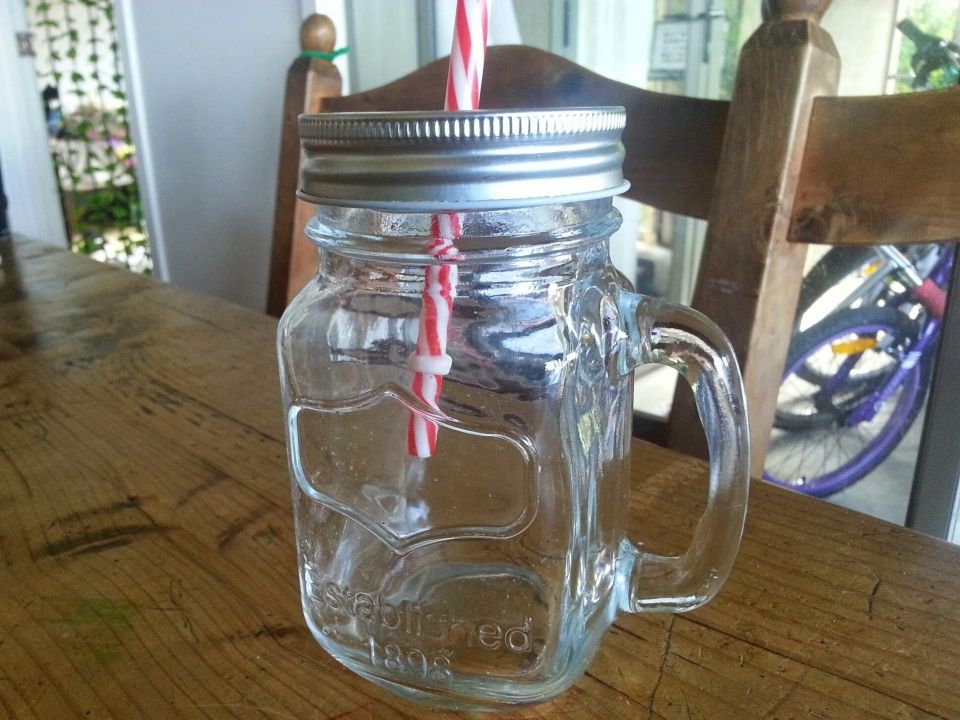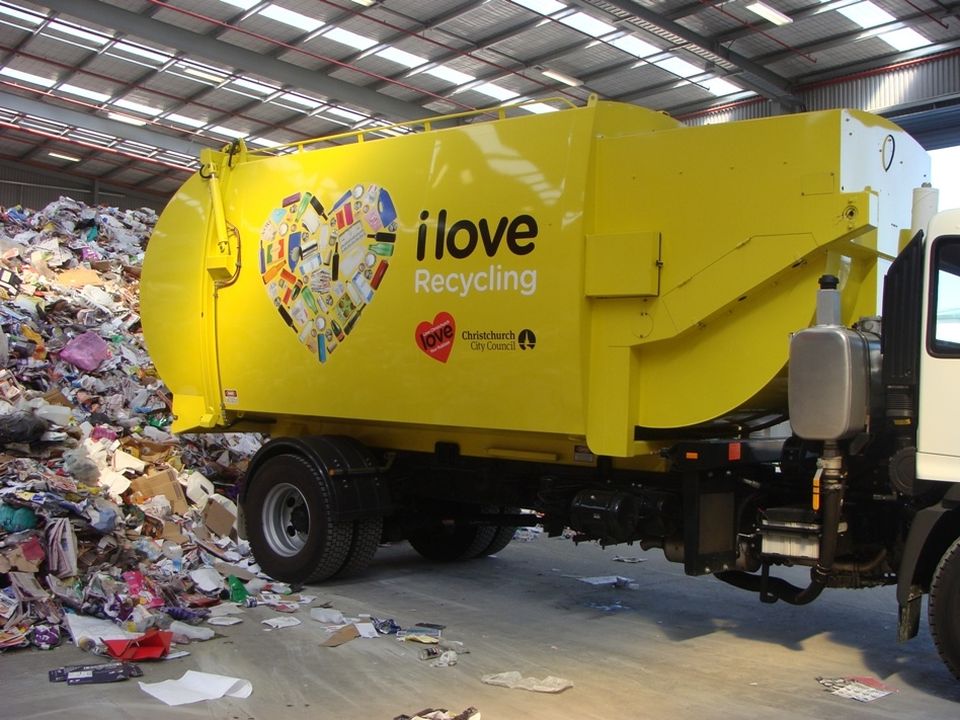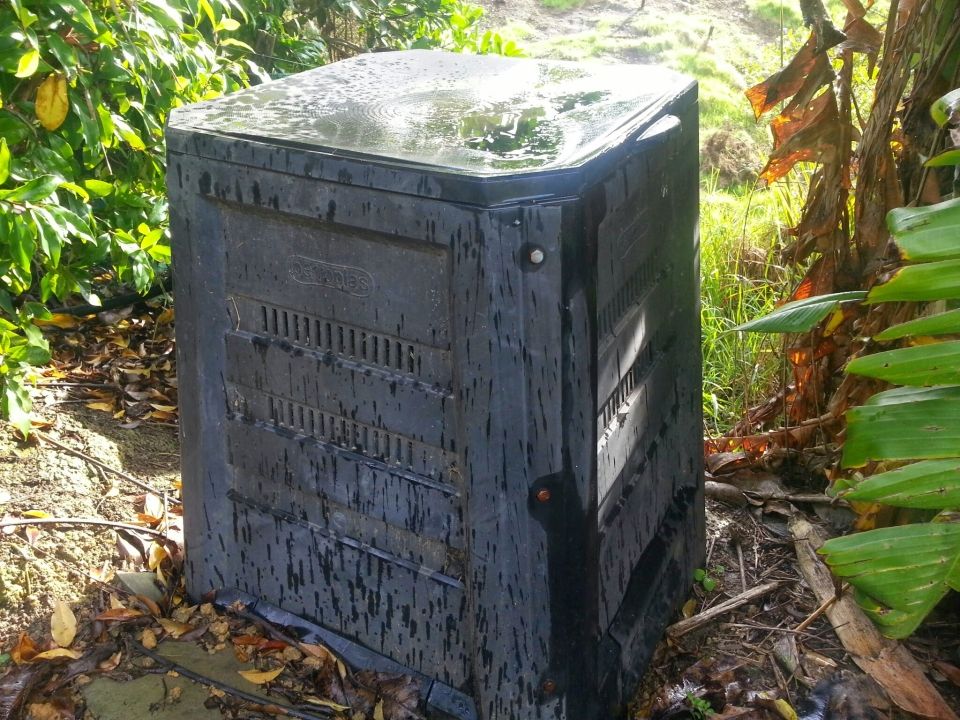Reduce
Reducing waste is the most important thing we can do. By reducing waste, we avoid the unnecessary use of resources such as materials, energy and water. It means there is less waste to manage.
How can we reduce waste?
- Buy in bulk to reduce packaging
- Take a reusable shopping bag with you so you don't have to use a paper or plastic bag from the shop
- Say ‘no’ to a plastic shopping bag when you only have a couple of items
- Choose products that use less packaging
- Buy reusable items rather than disposable ones
- Stick a "no junk mail" sign on your letter box
- Take your lunch to school in a reusable container.

Reuse
The next most important thing we can do is reuse waste material. That way it doesn't go in the rubbish and end up in the landfill. It also means you don't have to buy a new product. That saves you money and saves the energy and resources that would have been used to make the new product.
How can we reuse waste?
- Give unwanted toys and books to hospitals or schools
- Put unwanted clothes in used clothing bins
- Use plastic containers for freezing or storing food items
- Save wrapping paper and boxes to use again
- Use old jars for storage
- Take old magazines to your local doctor's or dentist's surgery
- Shop at second hand stores or use online trading websites to buy items that are unwanted by others
- Take household items to your council’s resource recovery centre
- Make memo pads out of waste paper
- Re-use envelopes - purchase reuse labels.

Recycle
Recycling involves some form of reprocessing of waste materials to produce another product. For example, recycling plastic bottles to make buckets.
What can be recycled?
- The main products that can be recycled are paper, cardboard, glass, aluminium, tin and plastic containers.
- Composting and worm farms are methods of recycling organic waste.

Buy recycled
- You can buy products that are made from recycled materials. This is called ‘Closing the Loop’.
Recycling in your district
- Different districts collect different recyclables at the kerbside and at their transfer stations/resource recovery parks. Contact your local city or district council to find out what they collect.
Recover
- This is the recovery of waste without any pre-processing. For example, waste oils that cannot be refined for reuse in vehicles can be burnt for energy recovery. Recovering the energy from waste oil reduces our dependence on coal and imported oil.
Residual Management
This is the last option when waste cannot be used in any other way. Usually, this means sending rubbish to a landfill. Residual disposal of liquid waste is normally into a sewer or septic tank.
It is very important to manage residual solid and liquid waste properly. Waste not disposed of correctly can cause damage to health and the environment.








